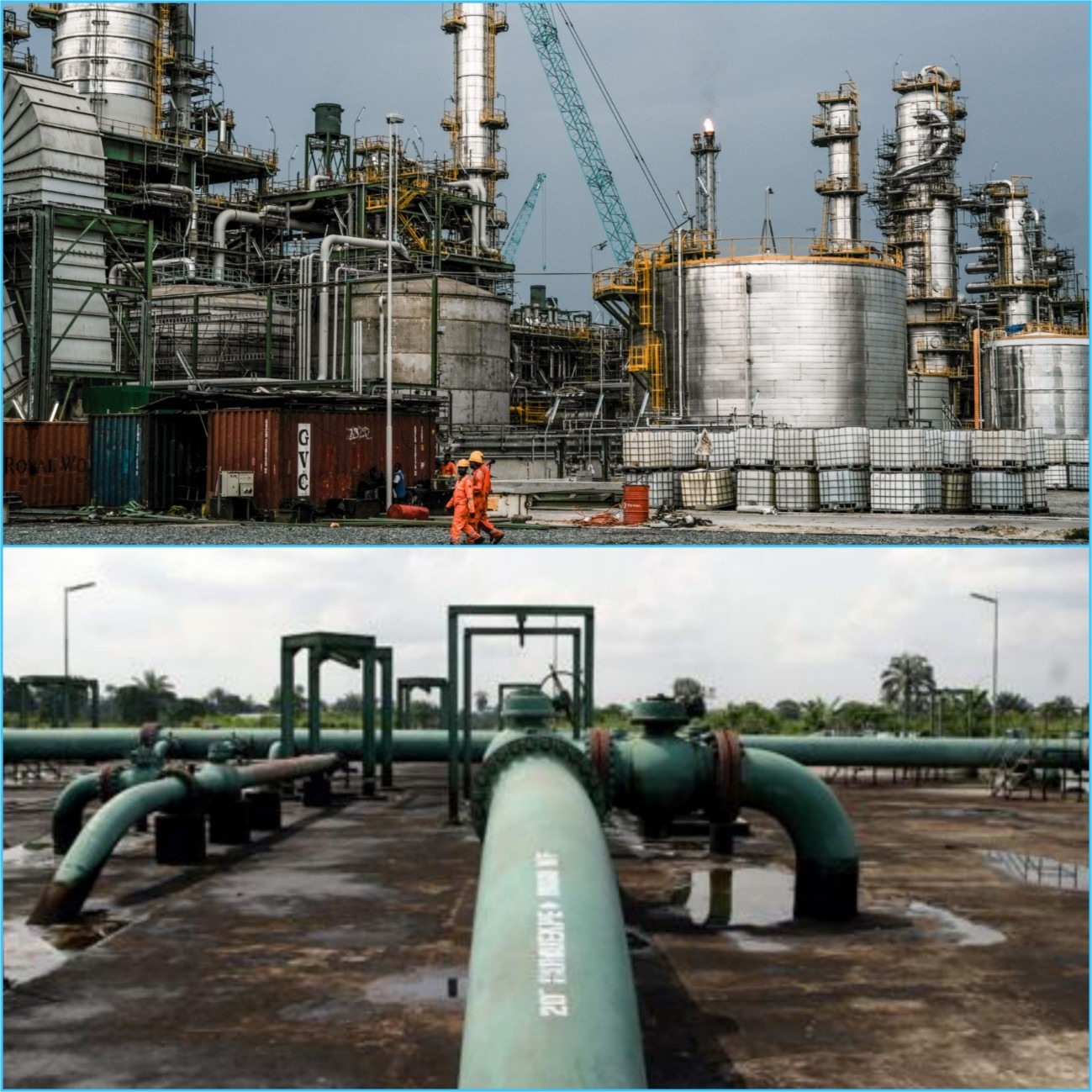Professor of Petroleum Economics and Policy Research, Wumi Iledare, has called on authorities in Nigeria’s oil and gas sector to come up with drastic measures to ramp up crude oil production which is the major revenue earner for the country.
Professor Iledare, who is also the director of Energy Information Division, Centre for Energy Studies, expressed concerns about the continued decline in the nation’s crude oil production output.
Join our WhatsApp ChannelAccording to the latest data released by the Organisation of Petroleum Exporting Countries (OPEC), Nigeria’s average daily oil production in March 2024 was 1.23 million barrels per day (bpd). This was a 92,000 barrels drop from the 1.32 million bpd production in February 2024. The March figure is the lowest as 1.4 million bpd was recorded in January, according to OPEC monthly report.
This is below the national budget benchmark crude oil production of 1.78 million bpd.
With Nigeria’s output dropping by 6.8 per cent in March, it was overtaken by Libya as the biggest oil producer in Africa which recorded 1.236 million bpd in March 2024, from 1.173 million bpd in February 2024.
Following Nigeria’s inability to meet its production target, OPEC had last year reviewed the quota from over 1.7 million bpd to 1.5 million bpd for 2024.
Crude oil prices went up during the weekend being the highest since October. Global benchmark Brent increased by 2.7 per cent to $92 per barrel.
There are indications that due to inability to increase output, Nigeria may miss this latest wave of unusually high oil prices.
Minister of State, Petroleum Resources (Oil), Senator Heineken Lokpobiri, who in a statement on Friday acknowledged the country’s declining crude oil production, assured that measures were being taken to address the situation, not only to restore production to previous levels but to increase it sustainably.
Explaining the main cause of the oil production decline, Lokpobiri cited maintenance work undertaken by certain oil companies operating in Nigeria during that period, coupled with problems associated with the Trans Niger Pipeline (TNP).
Iledare, who appeared on Channels Television Sunday Politics programme ok Sunday, said the authorities in the upstream segment need to identify oil fields that have not produced over many years and see what can be done to maximise utilisation as part of measures to increase production.

The Petroleum Economist also advocated giving more opportunities for indigenous companies with capacity to operate in the sector.
“We need to bring the indigenous companies onto the table and we should not be giving up blocks for more or less creating millionaires. If we want quick output, get the indigenous producers to come to the table. Ask them, what do you need to expand your production,” Iledare stated.
He frowned at bringing in operators who do not have capacity and good knowledge of the oil and gas industry to operate oil wells.
“Yes, we can still go through a bidding process that is competitive, but there should be nobody who does not understand the industry that should be given an oil block or a marginal field to expand production. Don’t give oil block to people who are not technically competent,” he advised.
He said the authorities in the upstream sector should allocate oil blocks to those who are competent and can increase production within the next six months, which he said is possible because the country has large oil reserves.
READ ALSO:
He advised minister Lokpobiri to get technocrats in the petroleum ministry to develop policies that will ramp up production within the next six months.
“If we don’t do something to arrest this decline, we may follow the path of Venezuela,” the expert warned.
On oil theft which is one of the factors responsible for low output, Iledare said Nigeria needs to have the political will to implement the principle of the rule of law by ensuring that security operatives combat criminals sabotaging petrol pipelines and other infrastructure associated with crude oil production.
Aside from the oil threat, Iledare pointed out that one other factor causing decline in oil production output and not meeting OPEC targets, is low investment in the oil and gas sector value chains.
He advised that the government should do everything possible to incentivise investors in the sector.
He suggested that one of the ways to enforce the law is by the Federal Government making states understand that if oil is not produced there will be no allocation to states for the Petroleum Host Community Fund so that they will improve security around oil facilities and discourage all forms of bad behaviour in communities that affect oil production.
Victor Ezeja is a passionate journalist with seven years of experience writing on economy, politics and energy. He holds a Master's degree in Mass Communication.




















I must say that I really enjoyed reading your blog articles, even though there was an aesthetically pleasing piece of the stuff I recently came across. However, I’ll be subscribing to your updates, and I do hope to receive them promptly each time.